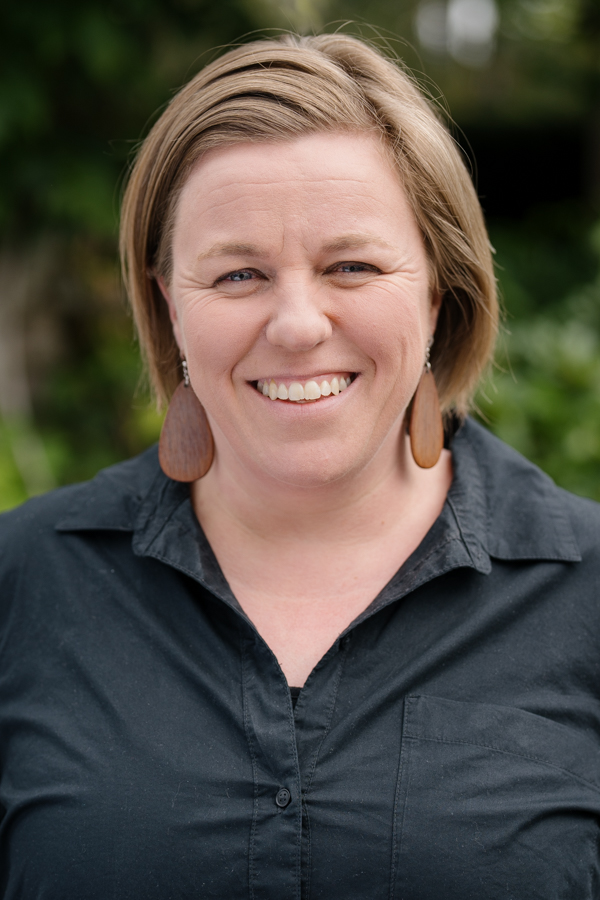About two years ago I admitted that I was not well.
I was lining up for dinner at the Regent College Fall Retreat, standing behind a spiritual director, and spiritual directors seem to have this uncanny ability to elicit honesty without even asking for it! The things that used to bring me joy, were draining. I normally have no trouble sleeping, but I couldn’t sleep. Every small thing felt big. I felt like I was constantly overwhelmed. I didn’t feel like myself.As I stood there, I found myself blurting out to her, “I’m done. I can’t do this anymore.” As the words tumbled out of my mouth, I wasn’t even sure what the this was. The only way I could describe how I was feeling was that I was “weary in body and soul.” The things that used to bring me joy, were draining. I normally have no trouble sleeping, but I couldn’t sleep. Every small thing felt big. I felt like I was constantly overwhelmed. I didn’t feel like myself. Good friends started to notice and expressed concern.
I don’t think I was burnt out, but it felt like I was burning out and something in me knew that if I didn’t pay attention, this could get a whole lot worse. I had no idea what I needed. All I knew was that I needed to stop, and it needed to be soon. A week or so later, I took a sudden, unplanned leave from my work at Regent, and stepped away from responsibilities at church. I didn’t want to go anywhere or do anything. I felt like I only had the capacity to see two friends, but not at the same time! I had no idea what was happening. All I knew was that I needed to pay attention.
In his book Messy Spirituality, Mike Yaconelli says,
Spirituality is not a formula; it is not a test. It is a relationship. Spirituality is not about competency; it is about intimacy. Spirituality is not about perfection; it is about connection. The way of the spiritual life begins where we are now in the mess of our lives. Accepting the reality of our broken, flawed lives is the beginning of spirituality not because the spiritual life will remove our flaws but because we let go of seeking perfection, and instead, seek God, the one who is present in the tangledness of our lives. Spirituality is not about being fixed; it is about God’s being present in the midst of our unfixedness. 1
If there were a few words to describe this time, “messy” and “tangled” seem to fit perfectly. This experience felt confusing, embarrassing, confronting, relieving, disorienting. But it was also an experience of spirituality beginning in the very mess of my life, and of encountering the God who is present in the tangledness. I was coming face to face with painfully true things about myself, and beautifully true things about God. It was also an experience of spirituality beginning in the very mess of my life, and of encountering the God who is present in the tangledness.
During this period, I had weekly counselling and fortnightly spiritual direction. I cried a lot, and I rested. When I felt like I could, I would read or listen to Scripture. There was a psalm that I kept being drawn to, Psalm 131. And because it was short, just three verses, it felt like all I could handle. I found myself meditating on the part of verse 2, “But I have calmed and quieted myself . . . .” I was desperately longing to experience the “calm and quiet” that the psalmist describes.
However, as I continued to meditate on verse 2, I began to realize that I kept missing the first verse. Before the calm and quiet, the psalmist begins with an admission of limitation and expression of humility: "My heart is not proud ... I do not concern myself with great matters or things too wonderful for me."
I came to realize that my heart had become proud, and I had been concerning myself with things too wonderful for me! Meaning, I had spent the previous few years (and most of my adult life) finding my value in trying to help everyone with everything, doing whatever anyone needed me to do, anytime, all the time. I had been carrying the impact of my own unexpressed emotions, while also seeking to hold space well for the emotions of others. I had also been holding a sense of responsibility, both in my work and in my personal life, for things that were not mine to hold, at least not in the way that I was trying to hold them. It all felt so weighty. Messy. Tangled.
I was starting to be confronted with my own pride and being invited to cultivate humility. I can’t hold all of that nor is God asking me to. The calmness and quietness that I desperately longed for somehow involved a humble surrender to the limits and the very good gift of being a human. It sounds so basic, but it felt like the through-and-through kind of sanctification that Paul speaks of in 1 Thessalonians.
Alongside being confronted with this painful truth about myself, I also found myself being comforted with a beautiful truth about God. It happened this way.
During this period, I spent some time on Bowen Island in a little cabin, on my own, for days! For some readers, that may sound glorious. But if you know me, you could probably guess that this is not my favourite way to spend time! One day I was praying the prayer of Examen. As part of that ancient practice, you review a period of time and prayerfully hold before God everything you are feeling—the joys, sorrows, that which felt life-giving and that which felt depleting. An emotion that came to the surface was disappointment, some anger too, but mostly disappointment. So, I started writing and ended up with five pages of disappointments—disappointments in a few friendships, some failed future plans, countless Covid disruptions with some decisions that were hard for me to accept. Disappointment after disappointment. And once I’d named all of them, I was then disappointed with myself that I’d not been able to acknowledge them when they happened. I was painfully disappointed.
Researcher and social worker Brené Brown says, “Disappointments may be like paper cuts, but if those cuts are deep enough, or we accumulate them over a lifetime, they can leave us seriously wounded.” 2
As I continued with the prayer of Examen, I came to the point in the practice where I was invited to listen for the voice of Jesus, within the presence of all that I had named. As I did, I sensed Jesus say, “I’m disappointed too.” I have had the experience of unmistakably sensing God speak to me, maybe just a few times in my life. This was one of them. I was experiencing something beautifully true about God, the One in whose presence I could honestly name all that I was feeling, and in Jesus, One who feels them with me.
The Global Mission of Regent College speaks of being joyfully, intelligently, and vigorously committed to Jesus Christ, his church, and his world. So this One that we are joyfully, intelligently, and vigorously committed to can be experienced as confrontingly and intimately close; can be found in pages of books, in exegesis, in deep theological conversations, and in well-crafted prayers; but is certainly not confined to them.
What if the One who we say we are joyfully, intelligently, and vigorously committed to is glorified through our diligent, faithful work, and not in work or study habits that could be detrimental to our wellbeing? What if this One is honoured as we live as beautifully, limited humans, and not in our denial of our limitedness and finitude? And is pleased when we live as those who trust that this One holds all things—and not living as though we do!
I still feel that sense of overwhelm, at times. I still catch myself holding responsibility for things that might not be mine to hold. And I still get disappointed. But the grace I’ve experienced has been that instead of pushing through, I am learning to pay attention to the cues of my “whole spirit, soul, and body.” And it has been through these very embodied, ordinary, rhythm-like centering prayers, praying the psalms, the examen, and sabbath, these “unforced rhythms of grace” practiced in the tangled mess of my life, which continue to invite me into these deeper truths: of attending to the presence of the One who is always present, of feeling my feelings (all of them) in God’s loving care, of living joyfully as a time-bound, limited human, and walking humbly as one who does not, and indeed cannot, hold it all.
This is an adaptation of a testimony given in a Regent Chapel.

